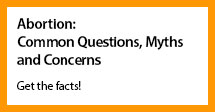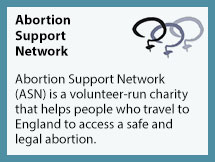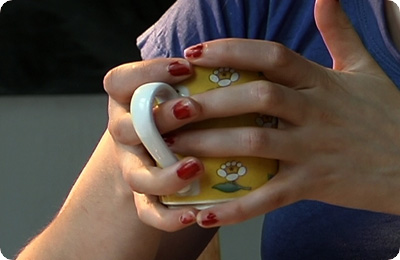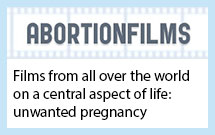PP v HSE: Practicability, Dignity and the Best Interests of the Unborn Child.
www.humanrights.ie, Dec 26, 2014 By Máiréad Enright
The High Court handed down judgment in PP v. HSE today. The Irish Times provides a useful summary here. P., who was 15 weeks pregnant, died on December 3rd, but her body was subjected to medical processes to ‘facilitate the continuation of maternal organ supportive measures in an attempt to attain foetal viability’ for several more weeks. We call the experimental treatment her body received ‘somatic care’. ‘Somatic care’ seems a benign phrase, but it involved a tremendous amount of intervention designed to postpone the inevitable collapse and decay of P.’s other organs following the cessation of blood flow to her brain, thereby sustaining the pregnancy. Medical evidence given in court made clear that the eventual effects of these interventions on her appearance, and the consequent distress to her family, undermined her dignity in death. Nevertheless, doctors in both hospitals where she was treated apparently believed that the law required them to follow this unusual course of action, given that the foetus still had a heartbeat. By the time the case came to court, P.’s body was deteriorating rapidly. There was no real prospect that, even if treatment were continued, the pregnancy could be maintained until viability. Her family and partner wanted the somatic treatment discontinued, and her father applied to the court for this purpose. This morning, the High Court exercised its inherent jurisdiction and authorised P.’s doctors to discontinue treatment, at their discretion.
The judgment is, to my mind, a very strange one. I happened to be in Dublin when the case was being heard, and watched both days of the hearing. While it seemed clear to me that the court would grant the order, I did not anticipate the reasoning. This is not a conservative or cautious judgment. It seems to me to go further than was necessary to resolve the precise dispute before the court and, as such, it is likely to have significance for future cases. This is the first reported medical law case in which a court has used the Eighth Amendment outside of the direct abortion context. The court was invited by the plaintiff to hold, following Roche v. Roche and Baby O, that this case, since it is not about abortion, has nothing to do with the Eighth Amendment. But it insisted that the Eighth also creates an independent right to life of the unborn which applies to other cases. In addition, the court invents a new concept of the ‘best interests’ of the unborn child out of thin air. It is hard to predict what might happen to this concept in future cases.
Read full article: humanrights.ie






